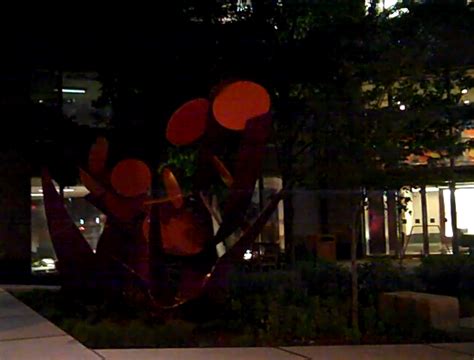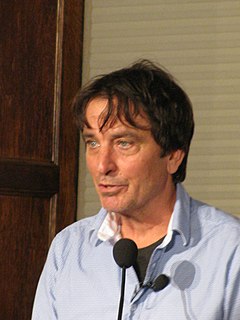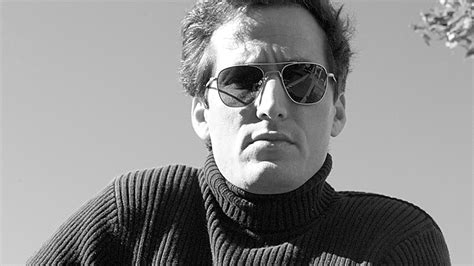A Quote by Shea Hembrey
My grandfather was a healer, and he used matches often. Once, he burnt a wart off my finger and then rubbed the ash deep into it, and it never did come back. When he worked at a factory, people would line up next to his truck to be healed. He died before he could teach us any of his secrets.
Related Quotes
Never did he once consider directing his hatred toward the hunters. Such an emotion would have destroyed him ... His subconscious knew what his min did not guess-that hating them would have consumed him, burned him up like a piece of soft coal, leaving only flakes of ash and a question mark of smoke.
It seemed as though he gave way all at once; he was so languid that he could not control his thoughts; they would wander to her; they would bring back the scene,- not of his repulse and rejection the day before but the looks, the actions of the day before that. He went along the crowded streets mechanically, winding in and out among the people, but never seeing them, -almost sick with longing for that one half-hour-that one brief space of time when she clung to him, and her heart beat against his-to come once again.
Each individual cat got up and did his thing. It wasn't like today where they come down and put down some nice linoleum so you don't get burnt up. I mean, we used to b-boy right in the middle of the park with broken glass everywhere! And you'd get up and you'd be all scratched and burised and bleeding and you would be ready to go right back in the circle. You'd just wipe the glass off your elbows and go right back in.
I know my grandfather drank occasionally socially, what we call "taking a sip." And my father never touched the bottle. He condemned my grandfather for doing that, and his punishment to his father was when my grandfather came to visit him from Georgia, he would not allow my grandfather to preach in his church.Even though my classmates very often drank alcohol in my presence and they would try and get me to join in, I felt, no, I didn't need that.
I remember I used to go to The Laugh Factory and just goof off onstage, and then I'd see Dane Cook. He did a bit about his Mom making the bed in the summertime when he was a kid. He just said "Vroom!" and threw the sheet up in the air and the sheet would just stay over the bed for like a minute and a half. All he had were his arms out, but I could see the sheet. And he didn't do anything. He just kept it there. And I went, "I have to write more."
Sometimes I'd see my father, walking past my building on his way to another nowhere. I could have given him a key, offered a piece of my floor. A futon. A bed. But I never did. If I let him inside I would become him, the line between us would blur, my own slow-motion car wreck would speed up. The slogan on the side of a moving company truck read TOGETHER WE ARE GOING PLACES--modified by a vandal or a disgruntled employee to read TOGETHER WE ARE GOING DOWN. If I went to the drowning man the drowning man would pull me under. I couldn't be his life raft.
I remember how people would often come to see my master Jamyang Khyentse simply to ask for his guidance for the moment of death. He was so loved and revered throughout Tibet, especially in the eastern province of Kham, that some would travel for months on end to meet him and get his blessing just once before they died. All my masters would give this as their advice, for this is the essence of what is needed as you come to die: "Be free of attachment and aversion. Keep your mind pure. And unite your mind with Buddha."
In this hour I would ask of the Lord God only this: that, as in the past, so in the years to come He would give His blessing to our work and our action, to our judgement and our resolution, that He will safeguard us from all false pride and from all cowardly servility, that he may grant to us to find the straight path which His Providence has ordained for the German people, and that he may ever give us the courage to do the right, never to falter, never to yield before any violence, before any danger.
The past--the wild charge at the head of his men up San Juan Hill; the first years of his marriage when he worked late into the summer dusk down in the busy city for young Hildegarde whom he loved; the days before that when he sat smoking far into the night in the gloomy old Button house on Monroe Street with his grandfather-all these had faded like unsubstantial dreams from his mind as though they had never been. He did not remember.
What our generation failed to learn was the nobility of work. An honest day's labor. The worthiness of the man in the white socks who would pull out a picture of his grandkids from his wallet. For us, the factory would never do. And turning away from our birthright - our grandfather in the white socks - is the thing that ruined us.
I did a bit of modeling before I took up acting, and I was up for this big campaign - I can't remember which designer - and all these execs were looking at my portfolio. Then one said: 'We'd like to use you, but can you come back next year when you've lost this.' And he tapped the underside of his chin.
